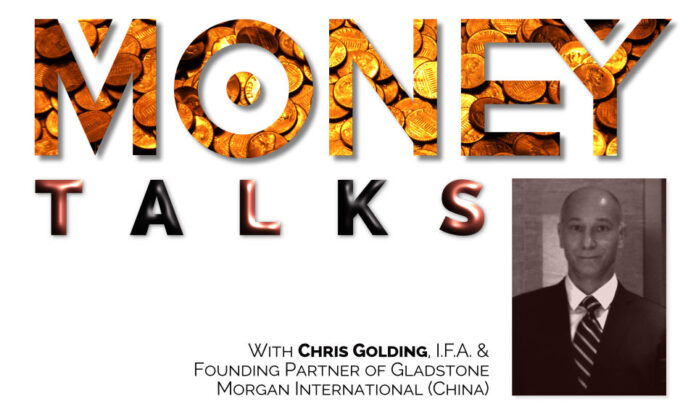Experienced investors know that there’s always background noise in the market claiming the next “big one” is coming. We hear all the time about the next stock market crash, comparable to The Great Depression of 1929, or that great financial crisis of 2008. But is that really what investors should be thinking about? Inflation hitting 40-year highs, the cost-of-living crisis, interest rates, wars, a global economy said to be teetering on the brink of recession; there’s a whole host of issues on the list of concerns that could spark the next major sell off.
But there is definitely anxiety in the market this quarter. The infamous Fear & Greed Index is currently at the “Extreme Fear” level for the S&P 500. However, this is not an uncommon occurrence and the S&P has previously shown double-digit growth from previous extreme-fear levels.
Playing the Long Game
For investors with 5 to 25 years ahead of them, these periods where markets drop or when fear is high should be seen as opportunity. By developing an understanding of how to balance a portfolio and manage risk, long-term investors can benefit from volatility and have confidence that equity markets recover and rise over time.
Markets have experienced a drop of more than 10 percent every 1.2 years since 1980. These are never enjoyable but are simply part of investing. There have also been 12 occasions where the S&P 500 has dropped by more than 20 percent since 1950. These usually last about a year, and average at 33.3 percent in overall decline. Sounds scary, but when you zoom out and look at the overall trend, it becomes hard to even see where most of these were!
Such expected dips should not be a reason to avoid investing or to sit on the fence. Being aware that it will happen and that things will be ok are the biggest weapons against common mistakes.
Selling equity investments in the expectation of a crash is not always the smartest move, because all too often the crash doesn’t come.
Selling those after a crash is a also really bad idea. It means crystallising what are otherwise just “paper-valuation losses”. Investors who do emotionally panic sell also face the question of when to buy back into the market. They invariably get their timing wrong because markets are impossible to predict. Such investors will usually then miss the best days of a recovery rebound while waiting for a signalled trend. Lastly, not doing any investing at all is the worst mistake.
A good strategy is to create a diverse portfolio that has a higher probability of growth over time using a buy-and-hold approach, but also to keep some cash ready to buy in to new opportunity dips that come along. Therefore, whatever causes the next stock market fall, you can benefit from both the ups and downs as you work towards your own personal goal! Regular investing also has significant benefits during times of volatility.
There’s always bad news in the market if investors listen for it, and if there is a stock market crash coming soon, history shows us that the market will always bounce back. Value investors and contrarian investors will see buying opportunities.
So, whatever lays around the corner or whenever the next stock market tumble does arrive, building a strategy which can thrive through the good times and bad will reduce the need for extra worry! The most important thing is to prepare smartly for either situation. Luck is simply when preparation meets opportunity. Get prepared or get armed. Sitting on the fence will get you nowhere!









